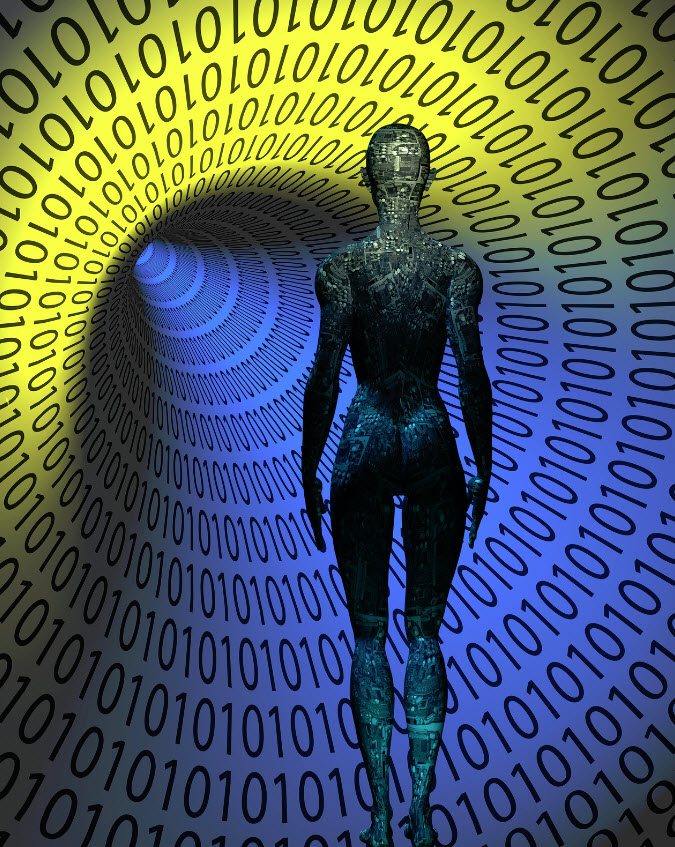The service also uses mapping and video social networking to provide a complete picture of a scene.
When an unexpected and unwanted event happens, sometimes the most important details are the ones that are the hardest to obtain, but with the location based technology used by Vizsafe, the hope is that communities and law enforcement will be better able to solve the mysteries around alleged crimes, and possibly prevent them from happening in the first place.
This community watchdog program uses geolocation, mapping, and video social networking, together.
While a tip line that connects directly to a police department can be a handy way to collect hints and clues, location based technology allows for much more specific and detailed data. The Vizsafe service also allows witnesses to be able to anonymously post comments and images based on what they have seen or experienced regarding a specific situation. The platform and its associated app were created by Peter Mottur, an entrepreneur and tech security expert.
The community alert app lets users post photos and videos through location based technology of crimes in progress.
 Police are then able to monitor the posts in real time so that they can respond to the situation as rapidly and accurately as possible. The Vizsafe company has already worked on the Super Bowl with the New York and New Jersey Port Authority, and also worked on the Boston Marathon with the Boston police department.
Police are then able to monitor the posts in real time so that they can respond to the situation as rapidly and accurately as possible. The Vizsafe company has already worked on the Super Bowl with the New York and New Jersey Port Authority, and also worked on the Boston Marathon with the Boston police department.
The platform, which can be accessed through a mobile app, gives users the ability to filter information based on time, category, and other details. Users can also designate specific geographic areas. It was first gradually rolled out, starting in April, just ahead of this year’s Boston Marathon. In July, the Mount Pleasant police department began using this platform.
Members of a community are able to register to receive alerts so that if another user posts on the platform within the designated zone, those members will receive a notification in the form of a text message or an email. Huntington Beach, California uses this location based technology service as a part of the distribution of community and AMBER alerts throughout that city.
Medical experts are now reporting that smartphones are leading to physical changes in the human body.
Although many cellular operators have been citing studies that have suggested that the use of mobile devices such as cell phones are safe for human health, medical experts are indicating that changes are occurring in the human body among people who use these gadgets.
Among the changes that medical experts have pointed out are those made to the metabolism.
According to Maulana Azad Medical College radiation oncology professor, Manoj Sharma, “Cancer is not the only health issue linked to mobile phones. Fatigue, sleep disorder, lack of concentration and poor digestion have been found to be linked with mobile phone usage.” Sharma spoke at the India International Center, where there was a discussion on “Mobile Phone Radiation and Health”.
Sharma pointed out that there had not been any solid research on the long term health impacts of mobile devices.
 Sharma discussed the idea that the close proximity of a cellular phone to the brain while it is being used could increase the risk of the development of a brain tumor. “There doesn’t seem to be any worry about the looming disaster. If we don’t take care now it will be too late like in the case of tobacco,” he said.
Sharma discussed the idea that the close proximity of a cellular phone to the brain while it is being used could increase the risk of the development of a brain tumor. “There doesn’t seem to be any worry about the looming disaster. If we don’t take care now it will be too late like in the case of tobacco,” he said.
He went on to say that he feels that mobile operators in India should use technology similar to that being used in the United States, which reduces radiation exposure of the human body by smartphones.
At the event, another Maulana Azad College professor, Naresh Gupta, added that “It is true that the metabolism in the body is affected by using mobile phones.” He explained that these gadgets are an evolving technology and that the majority of the research that has been conducted with respect to their health impacts was conducted through the funding of the private companies that manufacture those devices in the first place. “We don’t have any independent research.”
That said, it was also pointed out by All India Institute of Medical Sciences (AIIMS) plastic surgeon, S.B. Gogia, that mobile devices could also have a positive impact on health, if the indirect benefits of these gadgets are considered. He said that there have many situations in which “lives have been saved in case of accidents and other medical emergencies due to mobile phones.”
 Police are then able to monitor the posts in real time so that they can respond to the situation as rapidly and accurately as possible. The Vizsafe company has already worked on the Super Bowl with the New York and New Jersey Port Authority, and also worked on the Boston Marathon with the Boston police department.
Police are then able to monitor the posts in real time so that they can respond to the situation as rapidly and accurately as possible. The Vizsafe company has already worked on the Super Bowl with the New York and New Jersey Port Authority, and also worked on the Boston Marathon with the Boston police department.
 Sharma discussed the idea that the close proximity of a cellular phone to the brain while it is being used could increase the risk of the development of a brain tumor. “There doesn’t seem to be any worry about the looming disaster. If we don’t take care now it will be too late like in the case of tobacco,” he said.
Sharma discussed the idea that the close proximity of a cellular phone to the brain while it is being used could increase the risk of the development of a brain tumor. “There doesn’t seem to be any worry about the looming disaster. If we don’t take care now it will be too late like in the case of tobacco,” he said.